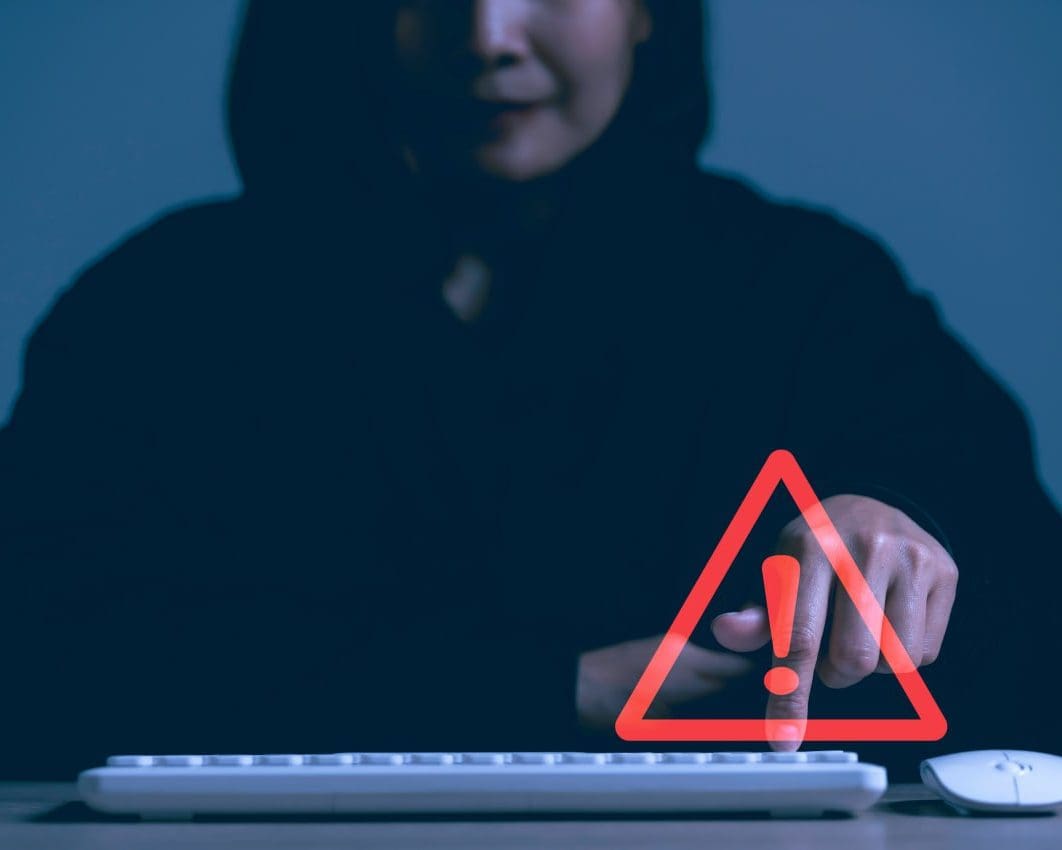

When you click “post” online, your words and pictures can travel around the world in seconds. Even though social media can feel private, what you share can affect both you and the companies or organizations you are connected to. Everything you do online helps build your reputation, which also reflects on your employer. This is why it’s important to think before you post. This article will explain why what you share online matters, what can happen if you’re not careful, and how you can keep your online presence positive and professional.
How Personal and Professional Lives Mix Online
Today, your personal life and your work life are closely connected—especially online. Many companies look at social media before hiring someone, and your coworkers or bosses might see your posts, too. What you share online becomes part of your public image.
If you mention where you work in your social media profile or talk about your job online, people might see you as a representative of your company. A single rude, hurtful, or embarrassing post can cause people to judge your employer too, and it could even lead to trouble at work.
The Risks of Making the Wrong Post
Posting the wrong thing online can have serious consequences. Something you think is funny or harmless could end up causing big problems.
- Damaged Reputation: Companies work hard to protect their public image. If someone who works for a business posts something offensive or inappropriate, customers might get angry and avoid the company. This can hurt the company’s reputation for years.
- Lost Trust: Your coworkers and bosses pay attention to your behavior online. If you post unprofessional things, they might lose respect for you or think you have poor judgment. This can make it harder to succeed at work.
- Losing Your Job: Most companies have rules about how employees should behave online, even when using their own accounts. Breaking these rules can get you fired. There are many cases where people have lost their jobs over things they posted that embarrassed or hurt their employer.
How to Keep a Professional Online Presence
You don’t have to stop being yourself online, but you do need to think about what you share. Follow these tips to make sure your posts help, not hurt, your reputation:
1. Think Before You Post
Before you share anything, ask yourself:
- Would I be okay if my boss or a future boss saw this?
- Could someone misunderstand or twist what I’m posting?
- Does this go against the values of my company or team?
- Is this mean, rude, or likely to upset someone?
If you’re not sure, it’s safest not to post.
2. Check Your Privacy Settings
Most social media sites let you control who sees your posts. Take time to go through your privacy settings.
- Limit Who Can See Your Stuff: Consider making your accounts private and only accepting people you know and trust.
- Control Tagging: Make sure no one can tag you in posts or photos without your permission.
- Be Careful With Public Info: Don’t post sensitive details about yourself, like where you work or live, if you don’t want everyone to know.
3. Make Sure Your Posts Match Your Company’s Values
You represent your employer online, even if you’re posting on your own account. It’s important that your posts don’t contradict what your company stands for. This doesn’t mean you can’t have opinions, but you should share them in a respectful and positive way. Never post anything hateful, mean, or overly negative.
4. Make Your Profile Professional
People might decide what they think of you based on your profile alone. Here’s how to look your best online:
- Profile Picture: Choose a friendly, appropriate photo.
- Bio: Write something simple and positive about yourself, especially if you use LinkedIn or similar sites.
- Clean Up Old Posts: Look back at what you’ve shared before. Delete anything that could make you look bad today.
Your Online Reputation is Your Responsibility
Everything you post online leaves a mark. In the working world, your digital reputation is almost as important as your resume. If you’re careful and thoughtful about what you share, you can build a reputation that helps you in the future.
Protecting your own future and your company’s reputation starts with thinking before you click “post.” The story you tell about yourself online should be one you’re proud of—for years to come.
Share this Post










